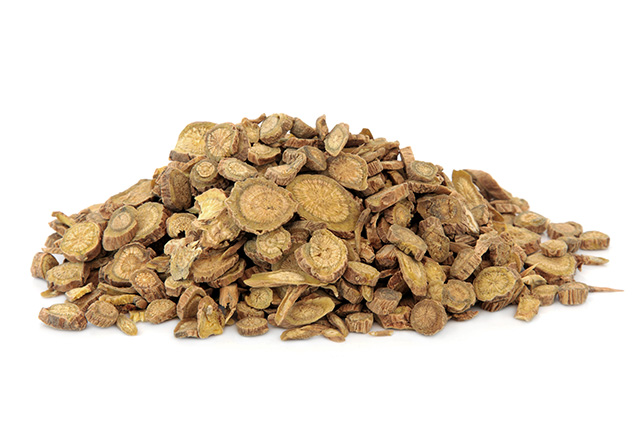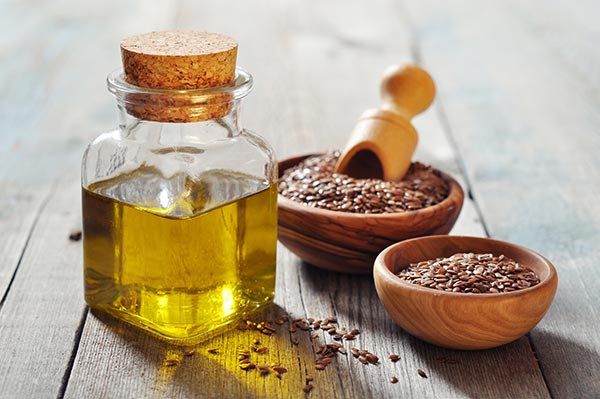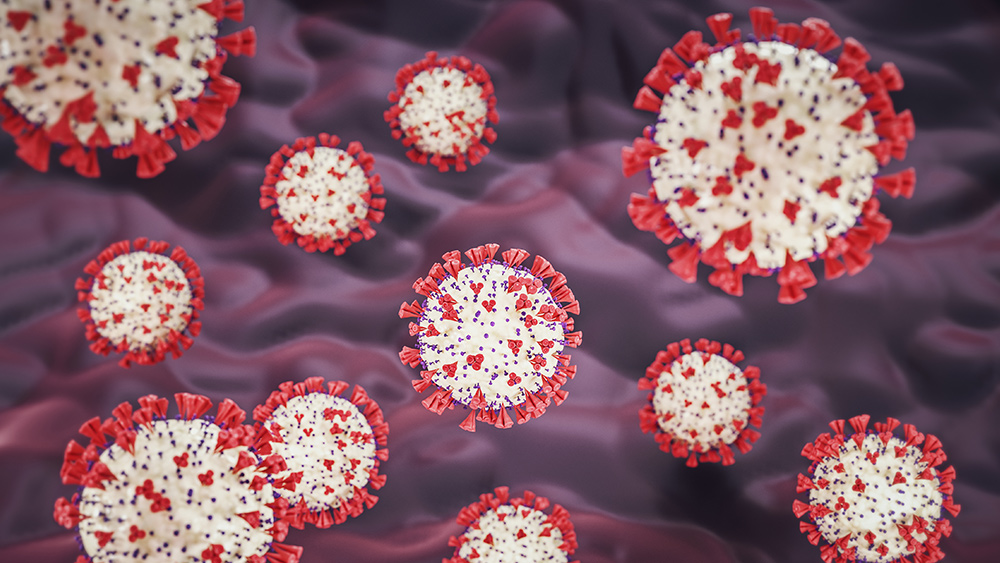Researchers explain how an unhealthy and inflamed gut can make breast cancer spread more quickly
05/21/2020 / By Divina Ramirez

Changes to an individual’s gut microbiome can heighten the risk of breast cancer, according to a recent review published in Frontiers in Oncology. A team of researchers from the Motamed Cancer Institute in Iran examined several studies on microbiome and breast cancer and found a direct correlation between the two.
Breast cancer: symptoms, causes and treatment
The Centers for Disease Control and Prevention (CDC) reports that breast cancer is the second most common type of cancer among women in the U.S. About one in eight American women is expected to develop invasive breast cancer at some point.
In women with breast cancer, the cells of the breast tend to grow and multiply abnormally. These cells divide much faster than healthy cells and continue to accumulate, which eventually leads to the formation of tumors. If left untreated, these cancer cells can spread to different parts of the body like the lungs and lymph nodes and continue to reproduce. Visible symptoms of breast cancer include a lumpy breast, a swollen breast, skin irritation, nipple retraction and nipple discharge.
Common risk factors for breast cancer include genetic factors, hormone therapies, diet and age. For instance, a woman’s risk of breast cancer nearly doubles if she has a biological family member with the disease. And although poor lifestyle habits like excessive alcohol consumption also heighten the risk of breast cancer, most cases are linked to hormonal imbalances. (Related: 3 Natural ways to optimize hormone health.)
However, as the Motamed Cancer Institute study showed, not all cases of breast cancer are limited to these risk factors only.
The importance of a healthy gut microbiome
The gastrointestinal tract supports the growth of several beneficial bacteria that aid digestion and metabolism. These gut bacteria also help immune cells combat viral and bacterial pathogens. Additionally, gut bacteria contribute to other body functions including the production of essential amino acids, the absorption of nutrients and the deactivation of toxins and carcinogens.
A healthy gut microbiome is also believed to have a direct influence on the development of cancer. Certain carcinogens, for instance, can be found in several unhealthy foods. When consumed, these disrupt the gut microbiome, trigger inflammatory receptors and activate cell activities like apoptosis (programmed cell death). Conversely, healthy foods like fruits and vegetables stimulate bacterial diversity in the gut and minimize the risk of digestive problems and chronic diseases.
The link between breast cancer and gut microbiome
Based on recent studies, the team found that a disruption of gut bacterial communities contributes to breast cancer risk. For instance, exposure to synthetic antibiotics was found to affect bacterial diversity and disrupt the balance of the gut microbiome, which caused inflammation of the breast tissues.
Remarkably, the team also reported that metabolites like lithocholic acid can prevent the progression of breast cancer. Metabolites are end products of metabolism, and they are known to aid various body functions like energy production, cell communication and immunity. Unfortunately, an inflamed gastrointestinal tract and an unhealthy gut microbiome can hamper the anti-cancer activities of metabolites.
Additionally, the team found that intestinal bacteria fortified fiber-associated compounds (lignans) in plant-based foods like flaxseeds, sunflower seeds, pumpkin seeds and legumes. As a result, the lignans showed protective effects against breast cancer. High levels of plant dietary fibers in the gut were also observed to have anti-inflammatory and anti-tumor effects against the disease.
Given these findings, the researchers concluded that gut microbiome plays an essential role in breast cancer prevention.
A healthy gut microbiome can prevent the onset of breast cancer. To maintain optimal gut health, follow a balanced diet high in fiber. Regular exercise also promotes healthy digestion, increases blood flow to the gastrointestinal tract and improves overall gut health.
Sources include:
Tagged Under: biomedical research, breast cancer, digestion, digestive health, gut bacteria, gut microbiome, prevention, tumors, women's health



















